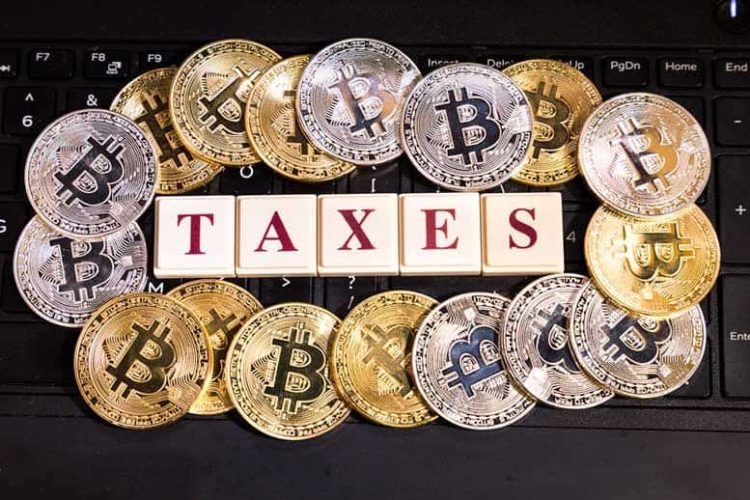The US Treasury and Inland Revenue Service (IRS) are cracking down on what they see as cryptocurrency-fuelled tax evasion.
Lack of a regulatory framework for crypto is partly to blame for the loss of tax revenue from crypto gains. On that, the US crypto scene has been labeled “fragmented” by the new head of the Office of the Comptroller of Currency (OCC), Michael Hsu, given each regulatory body’s individual approach to resolving the crypto question.
Crypto Tax Evasion: Biden Empowers IRS
Recent events in Washington seem to be pointing towards a more united effort in addressing this issue.
In a recent announcement by the Janet Yellen-led Treasury Department, the US government is planning to introduce stiffer tax measures for the cryptocurrency sector in the coming weeks.
According to the Treasury, crypto transactions up to $10,000 and above will need to be logged with the Internal Revenue Service (IRS) forthwith.
Continuing the well-worn narrative of cryptocurrencies like Bitcoin facilitating criminal activities, the Treasury Department said that digital assets pose a serious detection problem and the digital currencies continue to embraced by criminals, notably in ransom payments resulting from cybercrime.
President Joe Biden’s proposals are aimed at closing the “tax gap” by empowering the IRS to monitor the growth of cryptocurrencies. This has seen the Biden administration releasing over $80 billion to the IRS to help it track down wealthy individuals evading taxes. Cryptocurrencies are one way in which capital gains can slip through the tax enforcement net.
Taxation of crypto in the US falls under the purview of capital gains tax, where crypto investors have to pay between 0 to 37% in tax, depending on their marginal income tax rate.
Biden to Narrow Tax Gap – Crypto Caught in the Line of Fire
President Biden had stayed mute on taxation following his inauguration in January. But when he did swing into action, the crypto market felt it.
Biden’s first directive was to suspend all regulatory efforts on crypto-assets until the new heads of the various regulatory bodies were updated on the issues on the ground.
His first take on crypto regulation proposed a 39.6% crypto tax for all crypto investors earning more than $1 million. This is a jump from the current rate of 20%.
This proposal saw Bitcoin and Ether fall 3.44% and 10%, respectively. The Treasury Department said the proposal is crucial given the huge $600 billion tax gap the IRS reported in 2019. The agency added that this could rise to $7 trillion in the next decade if no action was taken.
More Crackdowns on the Horizon
Aside from the US Treasury Department, there are other regulatory bodies that believe the crypto market needs to be regulated before it balloons out control.
Chief among them is the Securities and Exchange Commission (SEC) and its new Chairman Gary Gensler. He has said that the crypto needs greater regulation to bring it into line with other financial markets.
The Department of Justice (DoJ) has also been increasingly active in the crypto space. In its most recent high profile action, it has launched a probe into top crypto exchange Binance on possible money-laundering claims.
Alongside this Michael Hsu at the OCC has reportedly initiated a staff review of the agency’s crypto trust charter actions in the past year. Others federal agencies such as the IRS have also become louder in their reminders to crypto investors that they are not exempt from paying tax on their capital gains.
All of these regulatory moves beg the question of whether it would be wise to buy Bitcoin right now as an American?
Bitcoin has seen a lot of negative price action in the past week, partly due to regulatory concerns but no directive has been given to stop Bitcoin trading or any other indications of a ban being imminent.
Given that, you can still trade Bitcoin, but the onus is each individual to make sure they are organising their financial affairs in a compliant fashion – respect the laws and don’t cut corners.
Looking to buy or trade Bitcoin (BTC) now? Invest at eToro!
75% of retail investor accounts lose money when trading CFDs with this provider
Credit: Source link













































































































































